News of Sheikh Hasina being sentenced to death by Bangladesh’s war crimes court was greeted with surprise and consternation by many in India.
The former long-time Prime Minister of Bangladesh was sentenced to death for crimes against humanity by the International Crimes Tribunal-Bangladesh (ICT-B). Hasina, who fled Bangladesh in August 2024 after the student-led uprising toppled her regime, remains in India.
However, many are wondering if the trial and death sentence itself will hold up legally.
Let’s take a closer look.
The jurisdiction of the ICT-B
Experts are arguing that the International Crimes Tribunal-Bangladesh (ICT-B) itself does not have jurisdiction to conduct the trial of Hasina. The court was created under the International Crimes (Tribunals) Act of 1973. It was originally set up by Hasina in order to specifically prosecute crimes of genocide committed during the 1971 Liberation War. The court thus has no authority to conduct the trial and deliver such a verdict.
Amendments to the Act
After Hasina’s government fell on 5 August 2024, the interim Bangladesh regime of Muhammad Yunus made amendments to the International Crimes (Tribunals) Act of 1973 via an ordinance. However, legal experts say this is itself considered invalid ab initio (void from the beginning) because no constitutionally appointed executive was appointed and thus lacked the authority to do so under Article 93 of the Constitution.
Moreover, Parliament could not approve it because it had been dissolved. This too has a problem because Parliament was dissolved as a response to these street protests rather than under the constitutionally mandated procedures. This poisons all the legal and judicial acts going forward.
How ICT-B judges were appointed
The appointment of the judges who passed the verdict on Hasina is also an issue. Days after Hasina’s government fell in August 2024, a student mob surrounded Bangladesh’s Supreme Court and demanded the resignation of the Chief Justice and five Appellate Division judges.
The appointment of the three judges who headed up ICT-B was irregular to say the least and unconstitutional at the worst. For example, retired District Judge Chairman Justice Golam Mortuza Majumder was promoted to the High Court Division just six days before the tribunal announced it would hear the case.
Meanwhile, Justice Mohitul Haque Mohammed Enam Chowdhury, another retired District and Sessions Judge, and Justice Shafiul Alam Mahmud, a practising lawyer, were both made permanent High Court judges without having served the mandatory two-year probationary period under Article 98 of the Bangladesh Constitution. Even more importantly, none of the three ICT-B judges has had any experience with international criminal law – which is a prerequisite to judging cases where crimes against humanity and genocide are alleged.
There are also reports that nearly two dozen judges thought to be sympathetic to the Jamaat-e-Islami were irregularly promoted to the High Court within a year. Mahmud himself is said to have run for and won a Supreme Court Bar Association seat in affiliation with the Bangladesh Nationalist Party (BNP) panel, which opposes the Awami League and spurs questions of potential bias involved during the hearing.
Questions are also being raised about the compressed timeline of the hearing. The ICT judges in November 2024, just two months after the plaint against Hasina was filed, ordered the probe to be completed within 30 days. This yet again gives rise to the suspicion that both the charges and the verdict in Hasina were predetermined even prior to the trial being held.
Appointment of the prosecution
Questions are also being raised about the makeup of the prosecutorial team. Chief Prosecutor Mohammed Tajul Islam previously served as the main defence lawyer for numerous Jamaat-e-Islami leaders convicted of war crimes during the 1971 Liberation War.
That verdict was delivered by the same tribunal during Hasina’s reign. Similarly, British barrister Toby Cadman, who also defended the Jamaat leaders, was appointed Special Adviser to the Chief Prosecutor. This in turn raises questions about whether the true goal of the trial was to achieve justice or merely payback.
Hasina not afforded an adequate defence
Hasina was also denied a lawyer of her choice, as is the right of any defendant. This is a point she repeatedly made from India. The state-appointed defence lawyer, Md Amir Hossain, has no experience in international criminal law. Perhaps even more glaringly, he did not even bother trying to contact Hasina.
“I did not attempt to (communicate with Sheikh Hasina). There is no provision allowing such an attempt… They also did not try to contact me, nor did they provide any form of assistance,” Hossain said. Hossain was also assigned to defend then Home Minister Asaduzzaman Khan.
Meanwhile, senior Supreme Court lawyer ZI Khan Panna’s offer to represent Hasina in the ICT in August 2025 was rejected by the tribunal out of hand.
Hossain also requested access to the prosecution evidence, which comprised thousands and thousands of pages, on 25 June 2025. This was just weeks before the trial began. Despite this, Hossain also did not request any additional time to prepare for the hearing.
The state lawyer received the full set of prosecution evidence only on 25 June 2025, about five weeks before trial. Despite voluminous evidence, no request for additional preparation time was filed, leading legal analysts to question the seriousness of defence attorneys.
The prosecutors also successfully managed to prevent cross-examination of prosecution witnesses when they made contradictory statements. This was under a 2013 Appellate Division ruling in the Abdul Quader Mollah case. Ironically, the prosecutors, including Chief Prosecutor Tajul Islam himself, had strenuously argued against doing so in the trial of the Jamaat leaders.
Hossain after the trial also announced he could not file an appeal because his clients, including Hasina, are “absconding”. “If they are arrested or surrender before the tribunal, only then can an appeal be filed,” he said. He also added that he was not given a copy of the verdict, which goes against the principles of natural justice.
Questions are also being raised about how brief the trial, which lasted from 2 August to 23 October, was given the length and breadth of the claims against Hasina.
Prejudicial remarks from the government
Even before the trial against Hasina commenced, a number of figures within the government made prejudicial remarks against her.
This includes Chief Prosecutor Islam, who said on 17 October 2024, “The court has ordered the arrest of former Prime Minister Sheikh Hasina and to produce her in court on 18 November. Sheikh Hasina was at the helm of those who committed massacres, killings and crimes against humanity from July to August. It is a remarkable day for us.”
Meanwhile, IT Adviser Nahid Islam added on 21 October 2024, “I want to tell everyone that Hasina will not be able to return to Bangladesh to do politics, but only to walk the gallows.”
The court, prior to the trial, also ordered Bangladeshi outlets not to disseminate any remarks from Hasina – which only further adds to the prejudice against her.
Though Bangladesh remains party to the Rome Statute, the interim Yunus government did not take the case to the International Criminal Court. This would no doubt have shone a light on the myriad deficiencies of the proceedings against Hasina.
From the above statements and the facts, it is clear that Hasina was in no way accorded a free and fair trial – rendering the verdict illegal and patently unconstitutional.
Most experts think there is no chance of India extraditing Hasina to Bangladesh. This, despite Dhaka reaching out to New Delhi in the aftermath of the verdict to do so. Hasina herself has dismissed the trial and the verdict, which she can appeal within 30 days to the Bangladesh Supreme Court, as “baseless and political”.
With inputs from agencies


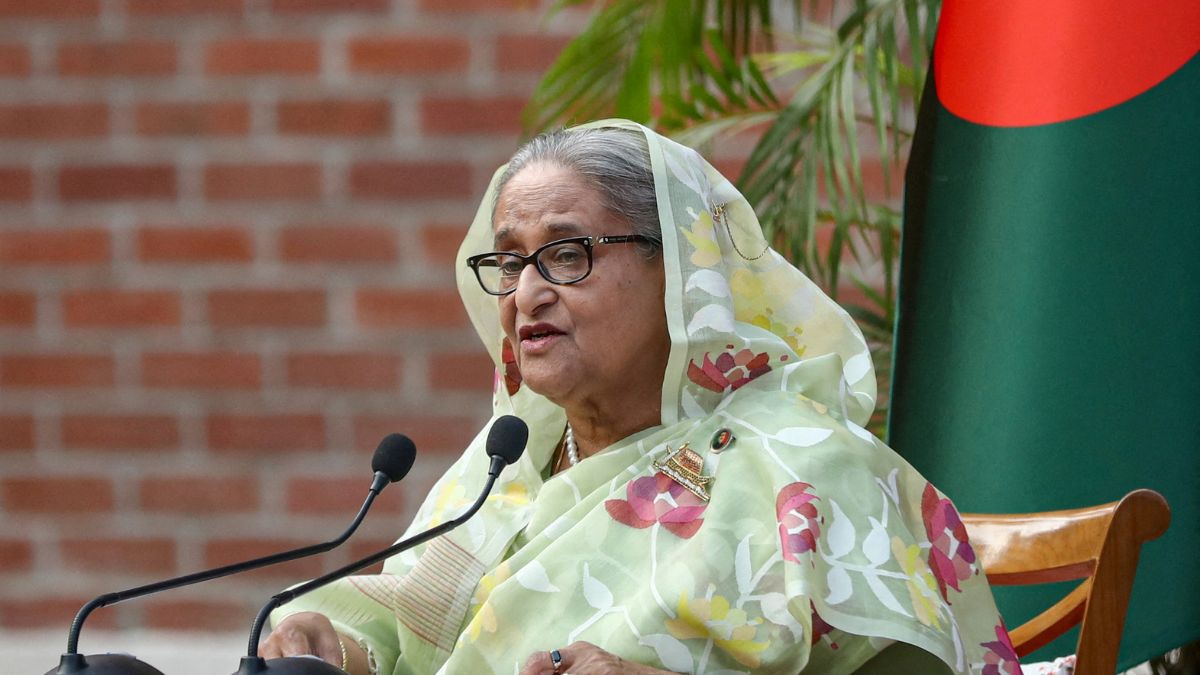)
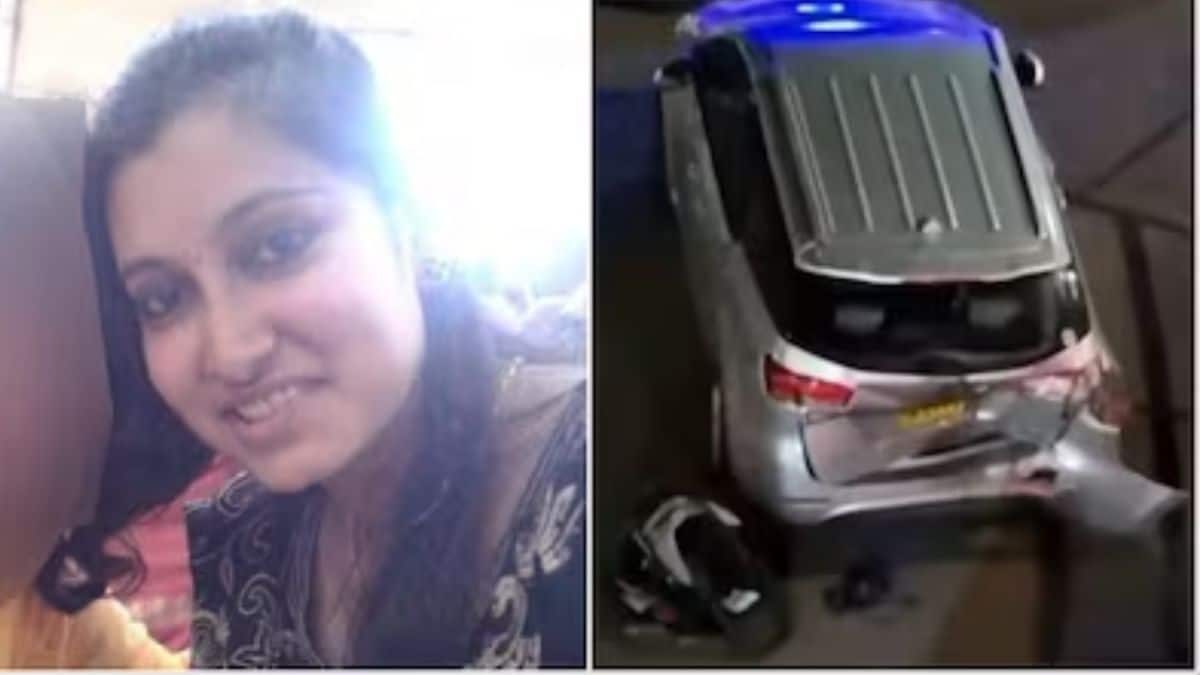
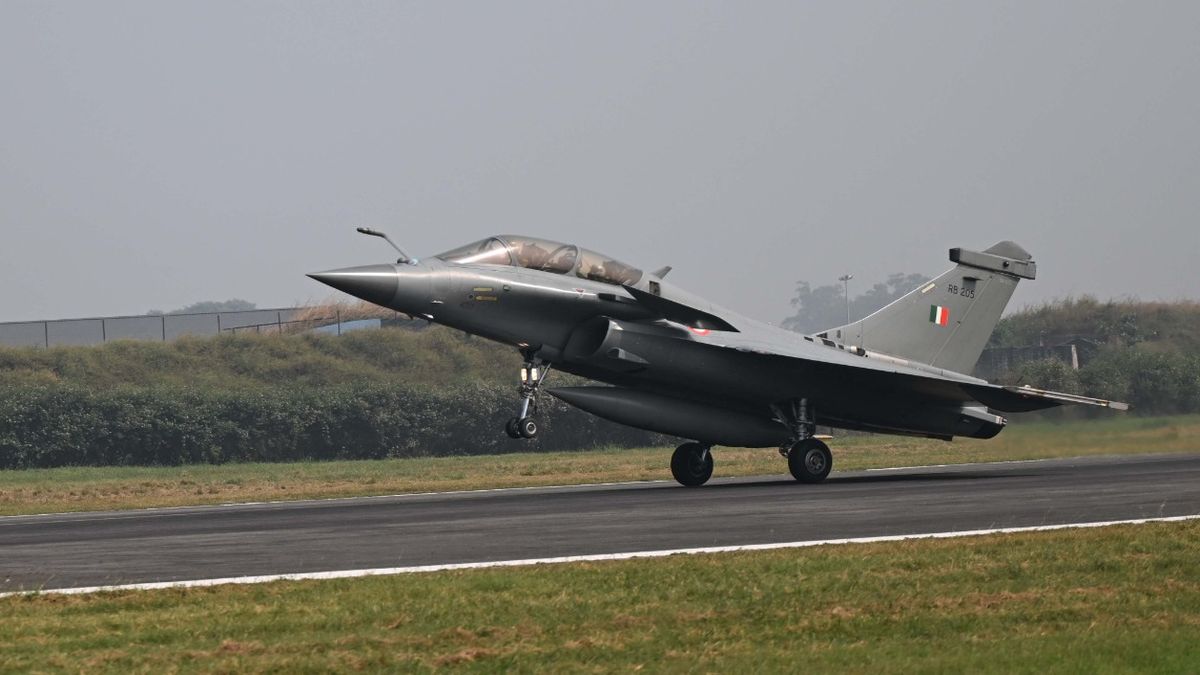)
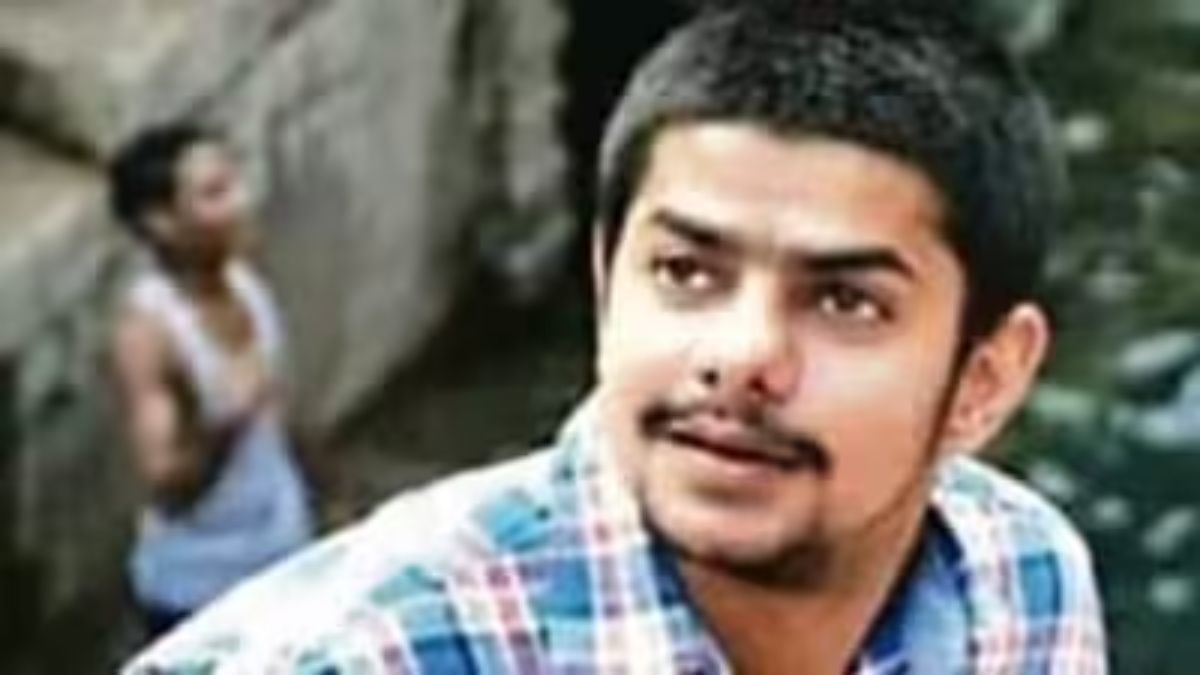)
)
)
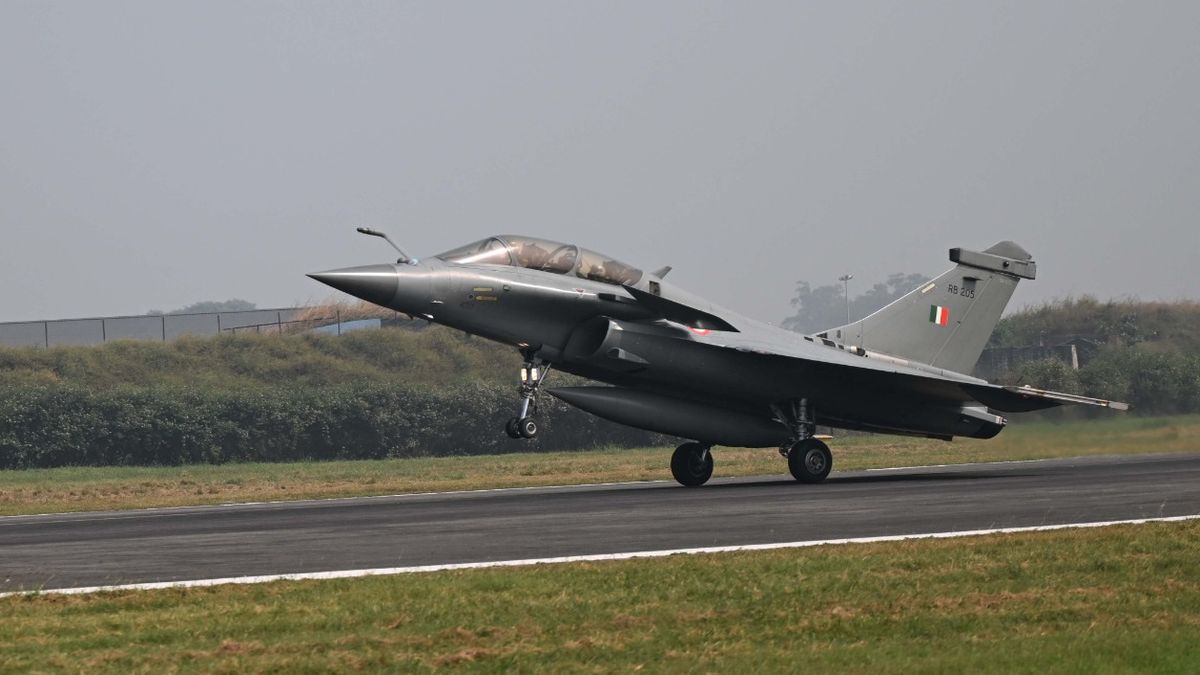)
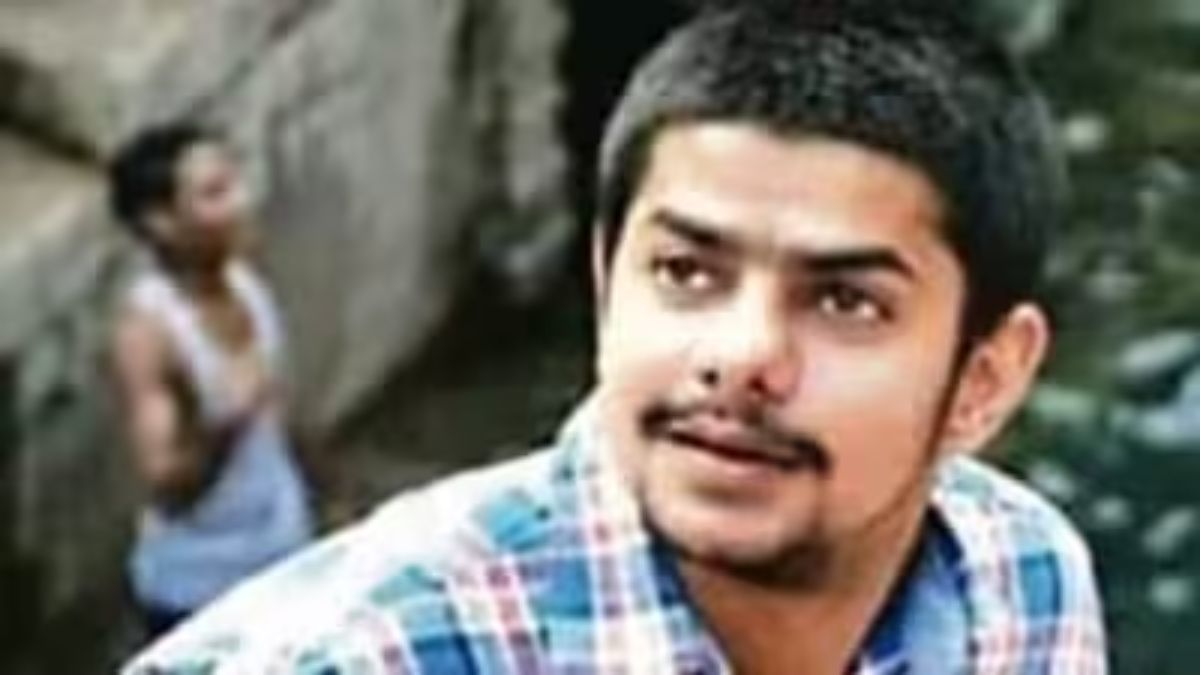)
)
)



